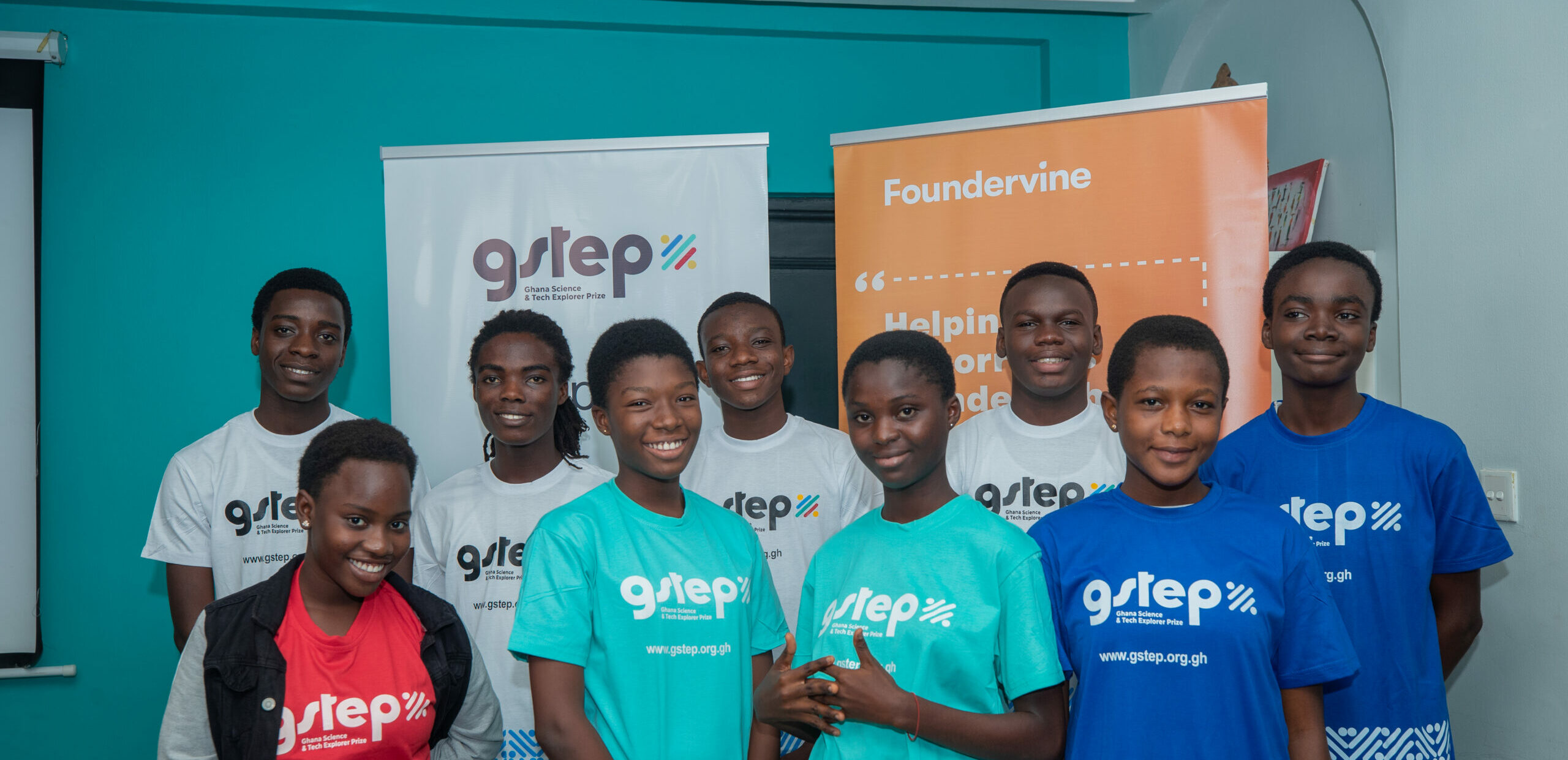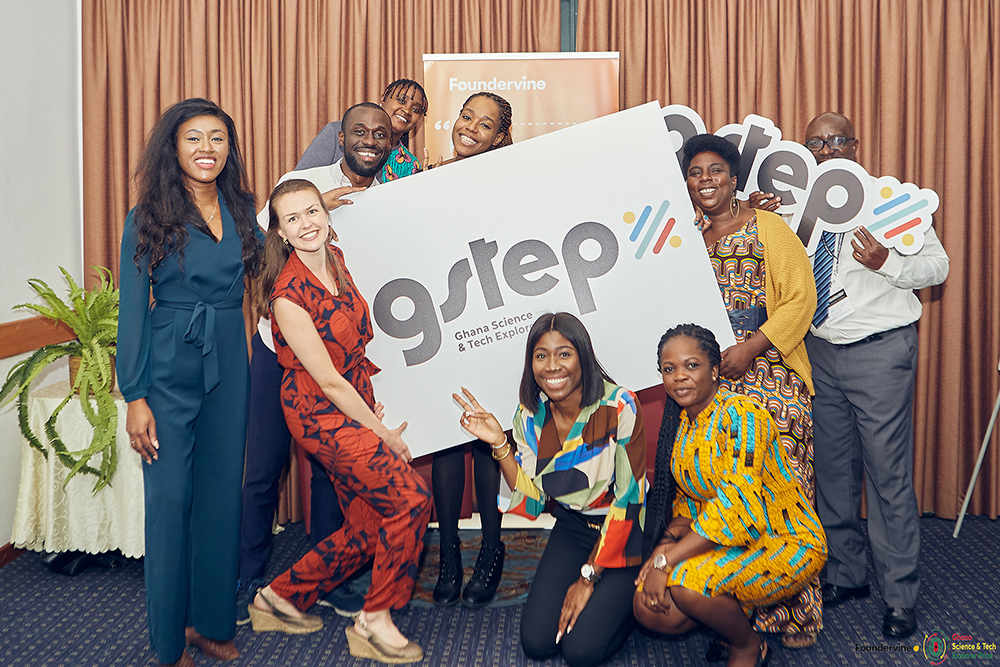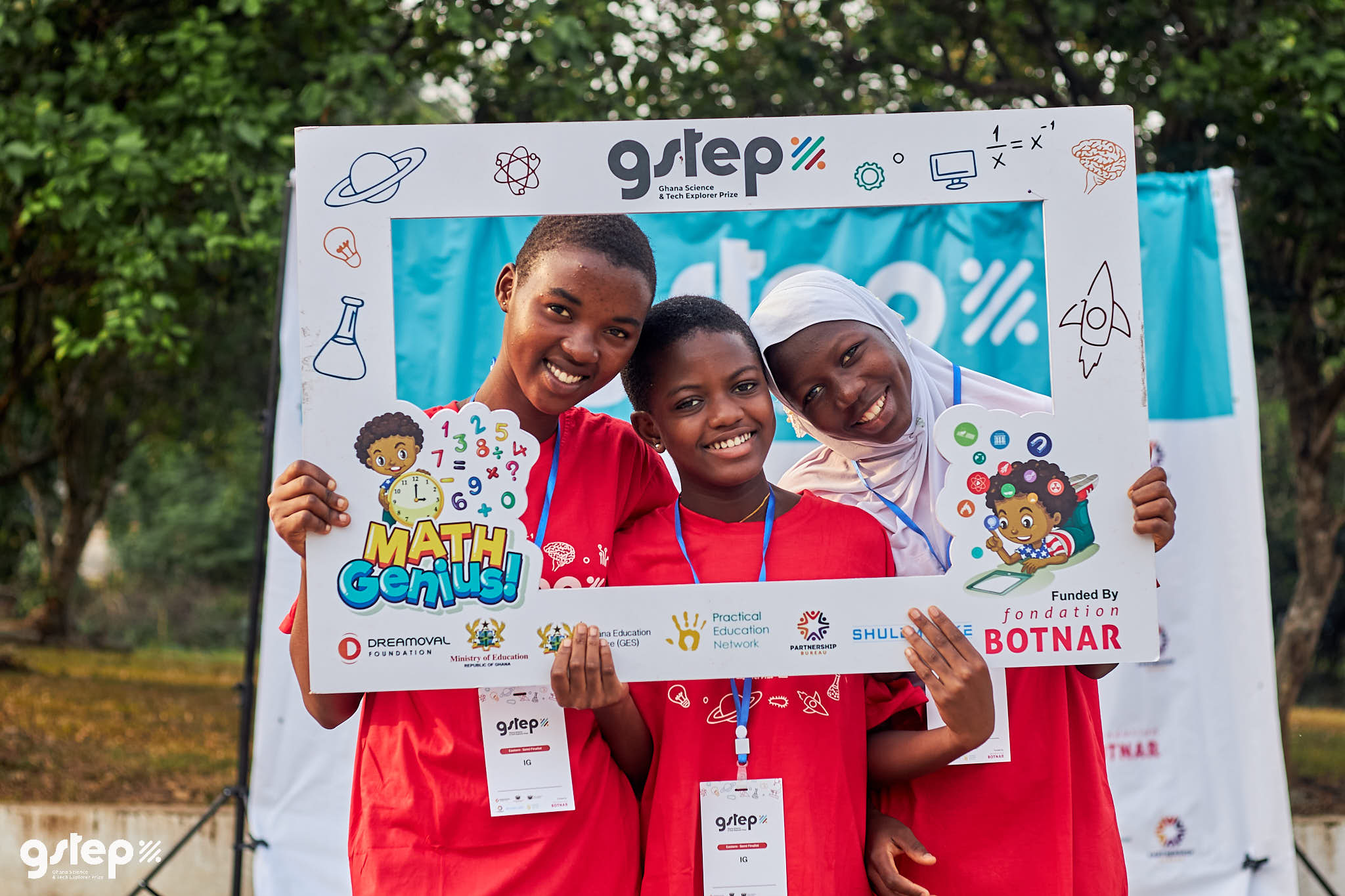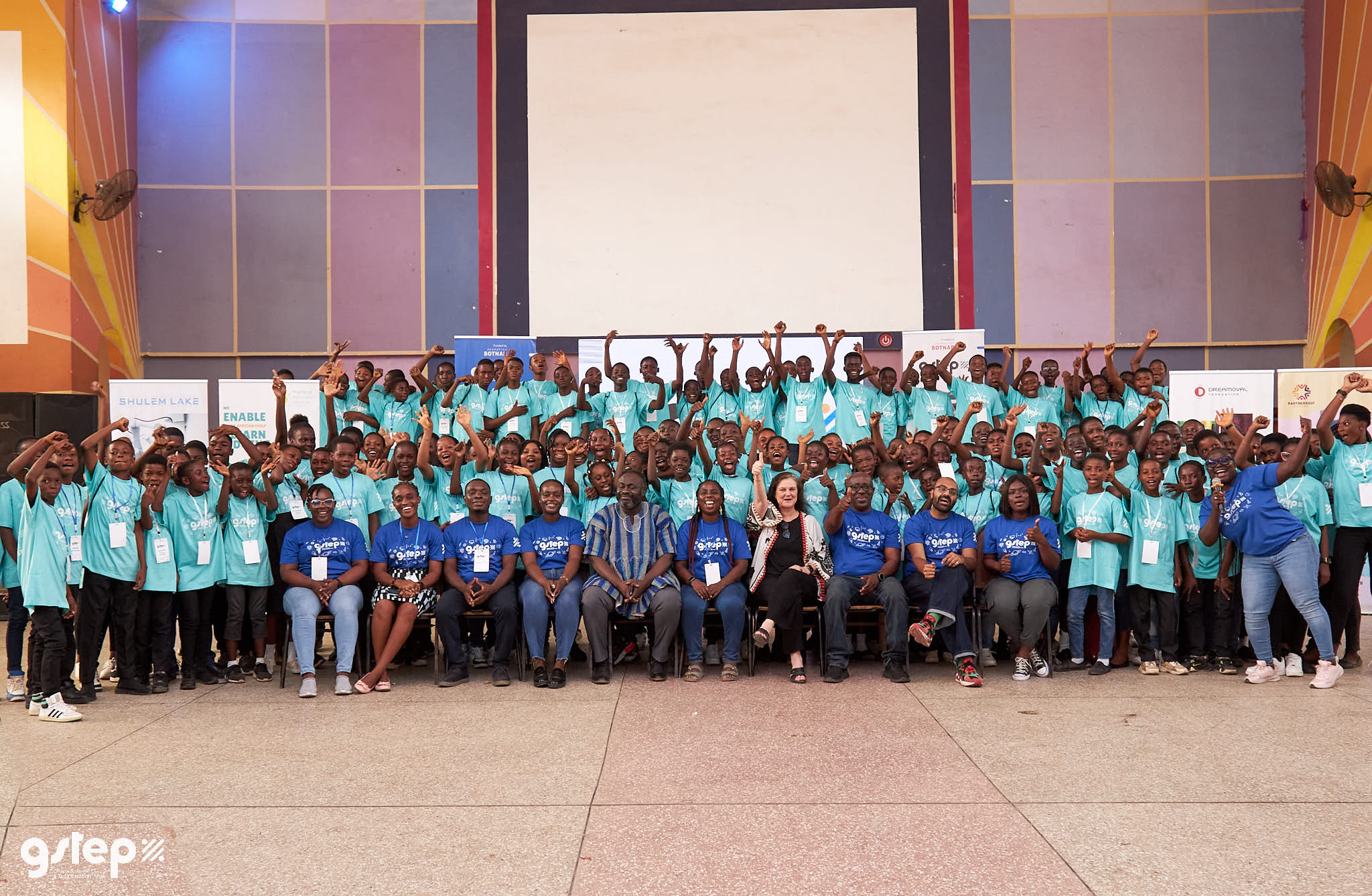Children or young learners are taken through more than science, mathematics, or engineering concepts when it comes to STEM education. The focus is basically on teaching children how to be innovative and creative. It trains them to face real-life situations using hands-on learning skills to solve these situations. STEM education helps develop a variety of skills needed to showcase children’s innovative side.
We have skills termed the 21st-century skills and these skills are crucial in STEM education. Some of these skills are social skills, media and technology literacy, initiative, communication, and flexibility. Critical thinking, problem-solving, and entrepreneurship, among others, are the additional skills these children get when introduced to STEM education. Regardless of the future career path these children consider, these skill sets go a long way to preparing them to be innovative.
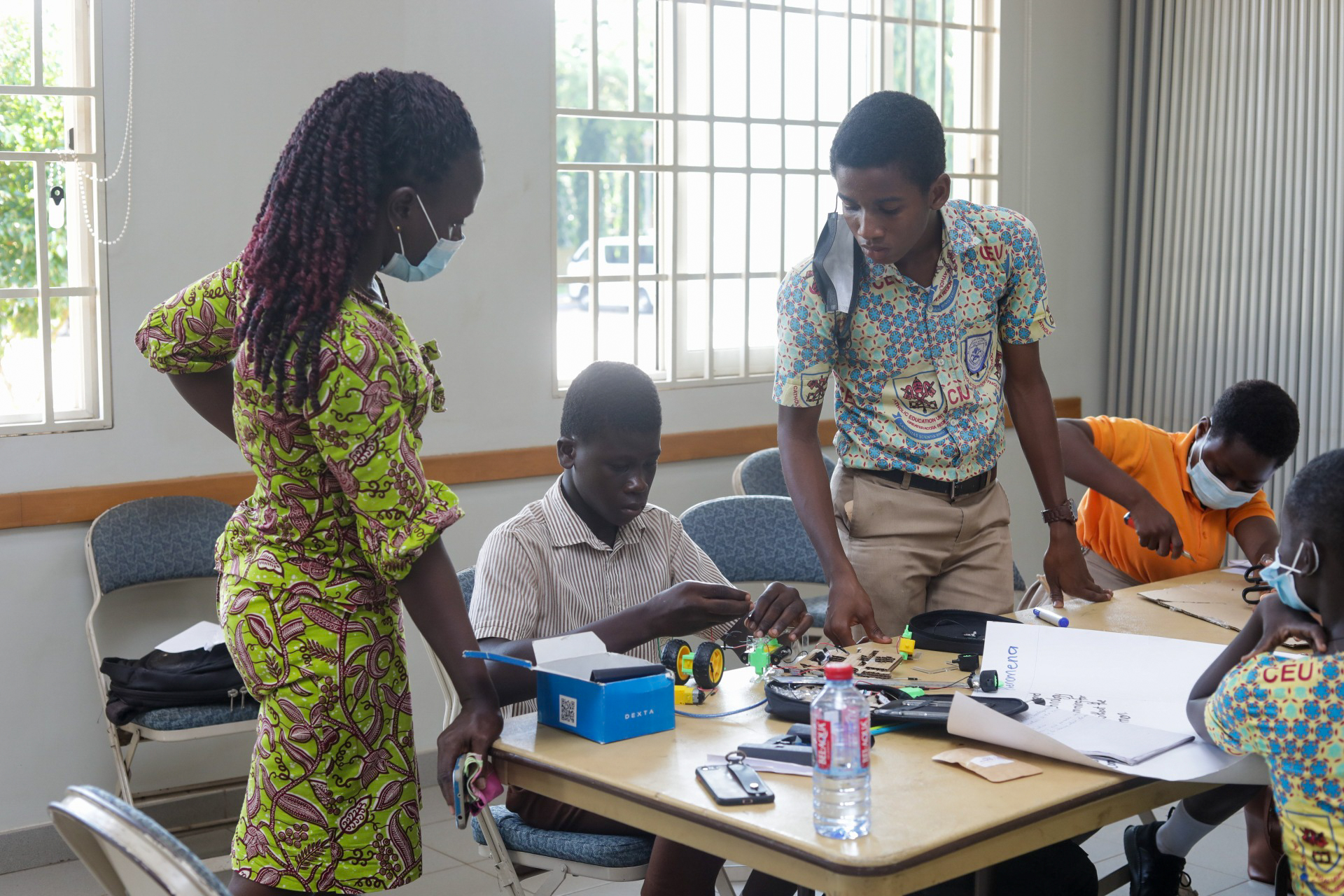
How Important is Innovation?
One of the key factors in STEM education is innovation. Having the ability to challenge existing the status quo and think critically to produce solutions is the basis of innovation.
Innovation is crucial in the development of the economic sector in the country. If children are given the necessary skills to help them develop solutions that would bring significant progress to the economy, it is worthwhile and should be taken seriously. These children stand a chance to learn and take inspiration from other innovators and inventors across the world and their impact on their countries and the world at large.
Building Future Innovators
The future of the younger generation begins by preparing them to be innovators and inventors. This preparation starts with STEM education programs. It is important to create opportunities to make the children get access to these STEM programs and it can be done by building and creating centers that promote STEM education.
It is pivotal to teach them to prioritize hands-on experience and real-world application which are important in the development of an innovative mind. With this, they are also to take a leap of confidence in securing their future.
